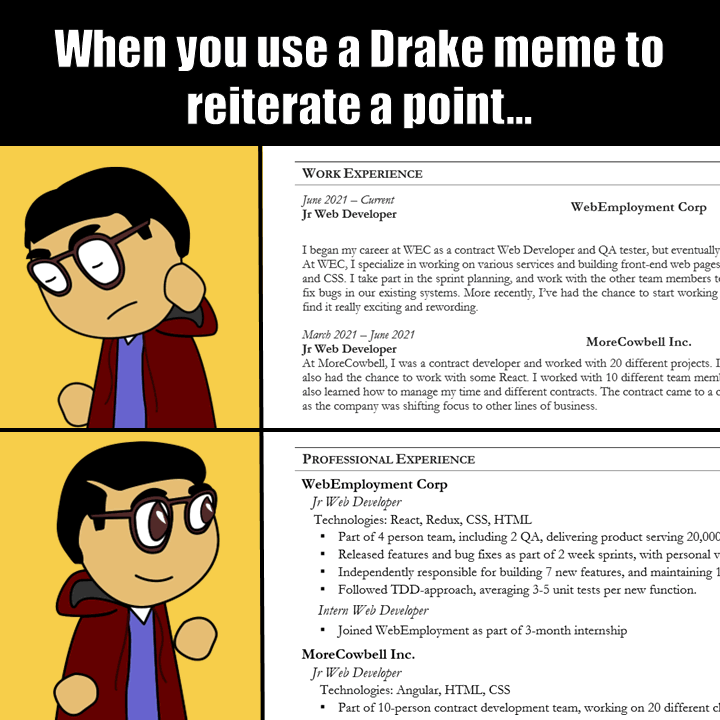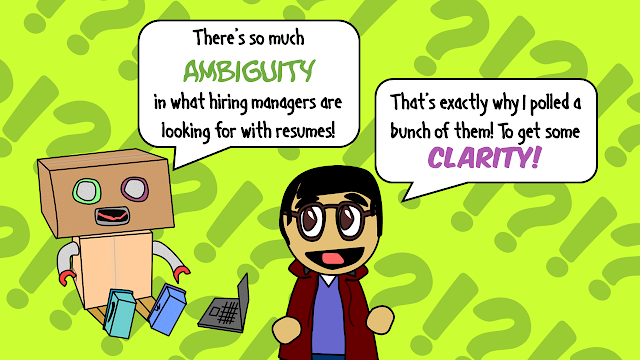Descartes, Parallelograms and Spaghetti
Lately, reading Descartes, and Plato has got me thinking back to my first encounters with certain things.
Two memories come to mind:
My first encounter with the Parallelogram. I'm sure I encountered it in younger years, but I came to appreciate it in in Mrs. Crookston's 6th grade math class. I was excited about this shape. I knew big things were in store for it - but I marveled at how I had clearly been blind to its existence. I was quite familiar with the square, and its less perfect brother, the rectangle. I'd seen parallelograms (as a kid, I loved flowchart template rulers) yet I had never considered the ramifications of creating a similar shape in which there are no right angles. When I speak of parallelograms, I speak of shapes which are strictly parallelograms and not squares or rectangles. All it really ever was was a rectangle viewed in perspective. I had been drawing them in my pictures, but now that I had discovered how to apply perspective to drawings, it triggered a renaissance in my doodling-life. Yet, this more precise mathematical definition of parallelograms that Mrs. Crookston was giving marveled me. It seemed like such a logical step to make when the Greeks were drawing out all the shapes... yet my imagination could not go as far as theirs. Now, parallelograms play a large role in my life, and I can't even begin to think where I would be if I had never met that heavenly shape.
The other first-encounter I recall quite vividly is my first encounter with spaghetti. besides finding it impossible to pronounce, first saying pus-getti, then ess-pagetti, I could not comprehend how I was to get such elusive food into my mouth. Scooping up with a fork wasn't cutting it. It worked, but it looked unsightly, shoveling up a mountain of ess-pagetti into my mouth (with a lot of ends dangling out) and slowly chewing it and having what was hanging out of my mouth fall back onto the plate. Finally, after complaining that I didn't know how to eat this weird (but tasty) food, my middle brother taught me the crucial skill of twirling the spaghetti around the fork. I could not believe how fantastic this all was. Seeing the spaghetti wind itself around my fork was incredible. There, a pile of spaghetti, and like a comet hitting earth, my fork would plunge into the pile. And I would simply turn, and have a nice wound up ball of spaghetti around the fork, to then put into my mouth. of course, it took a few tries. First not being able to properly wind (I wasn't the most dextrose of children), and then winding too much (a problem I still have today). I was speechless at this fantastic food. I considered it an engineering marvel, and was too stupid to know that spaghetti was not some new food that people just created, but had actually existed for quite some time before me. But I learned an incredibly valuable skill, one which I still have today. In fact, it is impossible for me to wind spaghetti up and not think back to the moment when my middle brother taught me how to wind it up. Of course, I should credit my oldest brother with another skill when it comes to spaghetti. This new skill happened a few years later that first learning. We were in a restaurant, and I had ordered spaghetti. There it was, this massive plate of spaghetti in front of me. And what was this? Why was there a huge spoon in my spaghetti??? I looked at my brother, and said "look! they put a spoon in my spaghetti!" thinking it was hilarious. My oldest brother then informed me that I am to use it to help twirl the spaghetti. This sounded like pure blasphemy to me. "I don't need a spoon!" and to prove it, I began twirling. Suddenly to my surprise, I had a ball of spaghetti, about 10 centimeters in diameter, wrapped around my fork. This was of no major concern to me, and I was about to attempt to put it in my mouth, when my brother to his embarrassment, told me to put it back down, and then showed me how to use to spoon. He scooped some spaghetti up with the spoon, and then using the fork, twirled a small ball of spaghetti onto the fork. I appreciated the delicacy of such fine, and precise skill, yet was not very impressed at the small amount of spaghetti that was on the fork. While I did not partake well to this new way of eating spaghetti, it would help me out in many future social situations.
Reading Descartes, who thought and therefor was - I find myself having to think about these things more... so that I to can... be.




